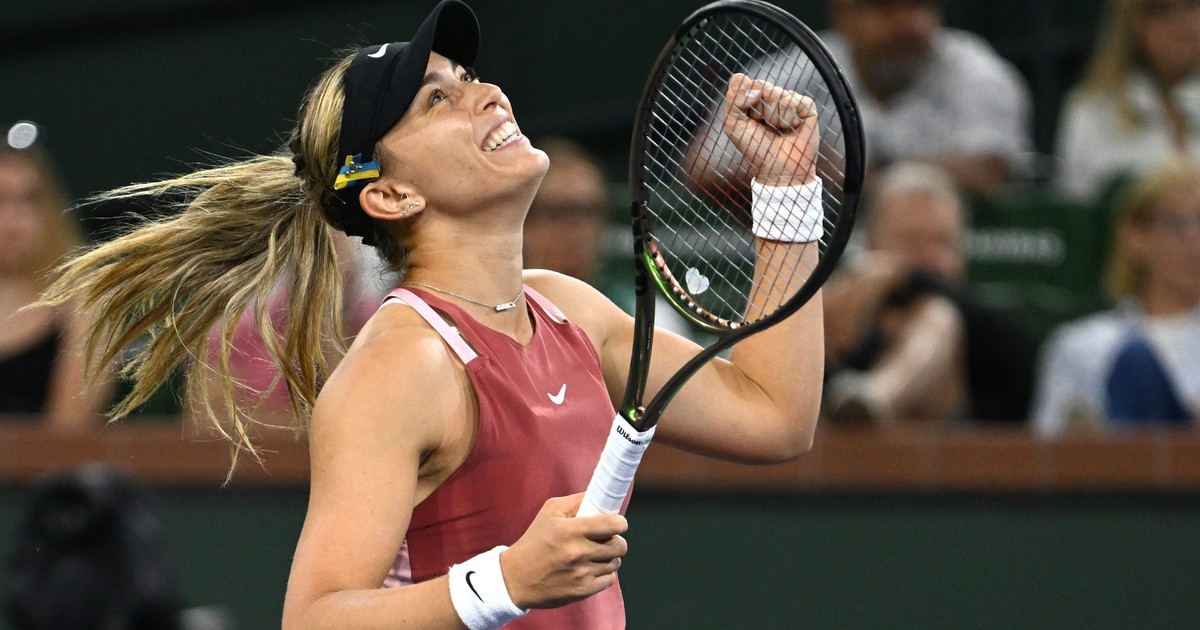TAIPEI, Taiwan (AP) — China is trying to navigate its biggest ever coronavirus outbreak without a tool it could have adopted many months ago: the kind of vaccines that have been shown to offer the best protection against the worst effects of COVID-19.
In the early months of 2020, a Chinese pharmaceutical company, Fosun Pharma, struck a deal to distribute—and eventually manufacture—the mRNA vaccine made by Pfizer and BioNTech.
It has not yet been authorized for use in mainland China, although authorities in Hong Kong and Macau have done so separately.
Now health experts say that delay — the result of putting politics and national pride before public health — could lead to preventable coronavirus deaths and further economic losses, as entire cities are shut down to isolate unprotected populations. from the country.
“The biggest problem is the delay in reopening,” said Xi Chen, a health economist at the Yale University School of Public Health. “The consequences will be enormous, the interruption of the supply chain, the impact on all kinds of service sectors.”
Studies have shown that immunization with mRNA vaccines made by Pfizer-BioNTech and Moderna offer the best protection against hospitalization and death from COVID-19.
Chinese vaccines made using older technology proved to be quite effective against the original strain of the virus, but much less so for newer variants.
As this evidence became clearer, even countries that initially used Chinese and less effective Western-made vaccines have turned to mRNA vaccines for booster shots and new immunizations.
This is not the case in China. Regulators haven’t said publicly why they haven’t acted: mRNA vaccines are licensed in much of the world and have been shown to be safe and effective in hundreds of millions of people.
However, a Chinese health official and another person directly involved in the negotiations told The Associated Press that officials have held back because they want to perfect the technology in China and not rely on foreign suppliers.
Both spoke on condition of anonymity, due to the sensitive nature of the matter.
The strategy seemed justifiable for more than a year. The country was able to keep the virus under control better than any other large nation with its strict “zero COVID” strategy, which isolates infected people and communities when infections appear.
But now, the omicron variant, which is highly transmissible, puts that strategy to the test, forcing increasingly extensive and prolonged closures that have a greater economic and human cost.
While other countries have been able to function almost normally because their inhabitants are protected by vaccination or previous infection, China only has its isolation strategy to avoid a large number of hospitalizations and deaths.
–



